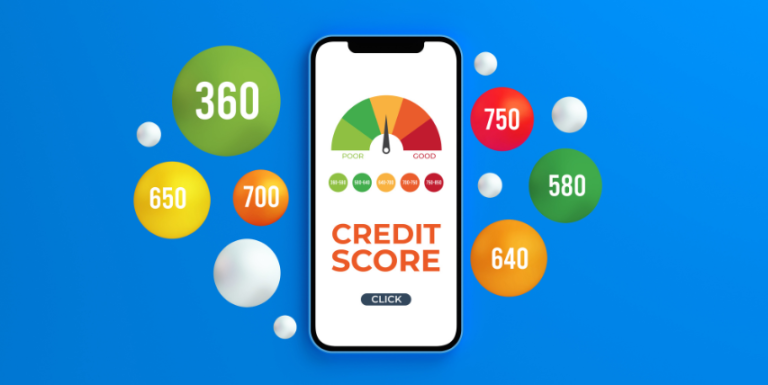Credit Reports and Scores
15 May 2024

Credit scores and credit reports play a crucial role in financial transactions and decisions. Whether you’re applying for a loan, a credit card, or even renting an apartment, your credit history is considered. A good credit history opens doors to favorable loan terms, lower interest rates, and increased financial opportunities.
What is a Credit Score?
A credit score provides a value representing a person’s creditworthiness. It is derived from the information found in their credit report. The score is typically on a scale ranging from 300 to 850, with a higher score indicating better creditworthiness.
Key Factors Influencing Credit Scores
Payment History (35%): This is the record of your payments on credit accounts, including credit cards, mortgages, and other loans.
Credit Utilization (30%): This represents the ratio of your current credit card balances to your credit limits. A lower credit utilization ratio is generally considered better and can positively influence your credit score.
Length of Credit History (15%): The length of time your credit accounts have been established contributes to your credit score. A longer credit history can be favorable, showing a more extended track record of responsible credit use.
Types of Credit in Use (10%): Lenders like to see a mix of different types of credit, such as credit cards, mortgages, and installment loans.
New Credit (10%): Opening multiple new credit accounts in a short period may be viewed as risky behavior.
Understanding the Credit Report
A credit report records a person’s financial behavior and credit history. It includes information about credit accounts, payment history, outstanding balances, and public records such as bankruptcies and liens. Here are the key components of a credit report:
Personal Information: This includes both general information like name and address and more private information such as social security number.
Credit Accounts: Detailed information about each credit account you have, including credit cards, mortgages, and other loans. This section includes the account opening date, credit limit, and payment history. Read more on how revolving credit works.
Public Records: Any bankruptcies, tax liens, or court judgments will be listed in this section.
Inquiries: Records of who has accessed your credit report, including both hard inquiries (related to credit applications) and soft inquiries (such as background checks).
Checking and Improving Your Credit
You are entitled to one free annual credit report per year from each of the major credit bureaus – Equifax, Experian, and TransUnion. Monitoring your credit allows you to catch errors and address any issues promptly.
If you find inaccuracies, you can dispute them with the credit bureau. Additionally, there are proactive steps you can take to improve your credit score, including making timely payments on all your credit accounts, maintaining a favorable credit utilization ratio, avoiding opening multiple new credit accounts within a short period, and maintaining a mix of different types of credit (ex. loans, credit cards, etc.).
Understanding credit scores and credit reports is essential for financial success. By being aware of the factors that influence your credit score and regularly monitoring your credit report, you can take control of your financial health.
See Related Posts
popular articles
Categories
2
Today’s update
New Posts
blog read









